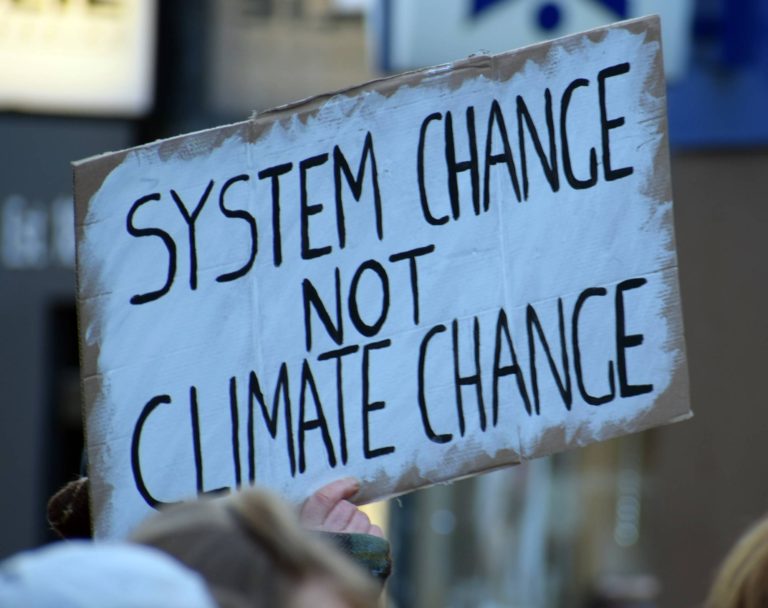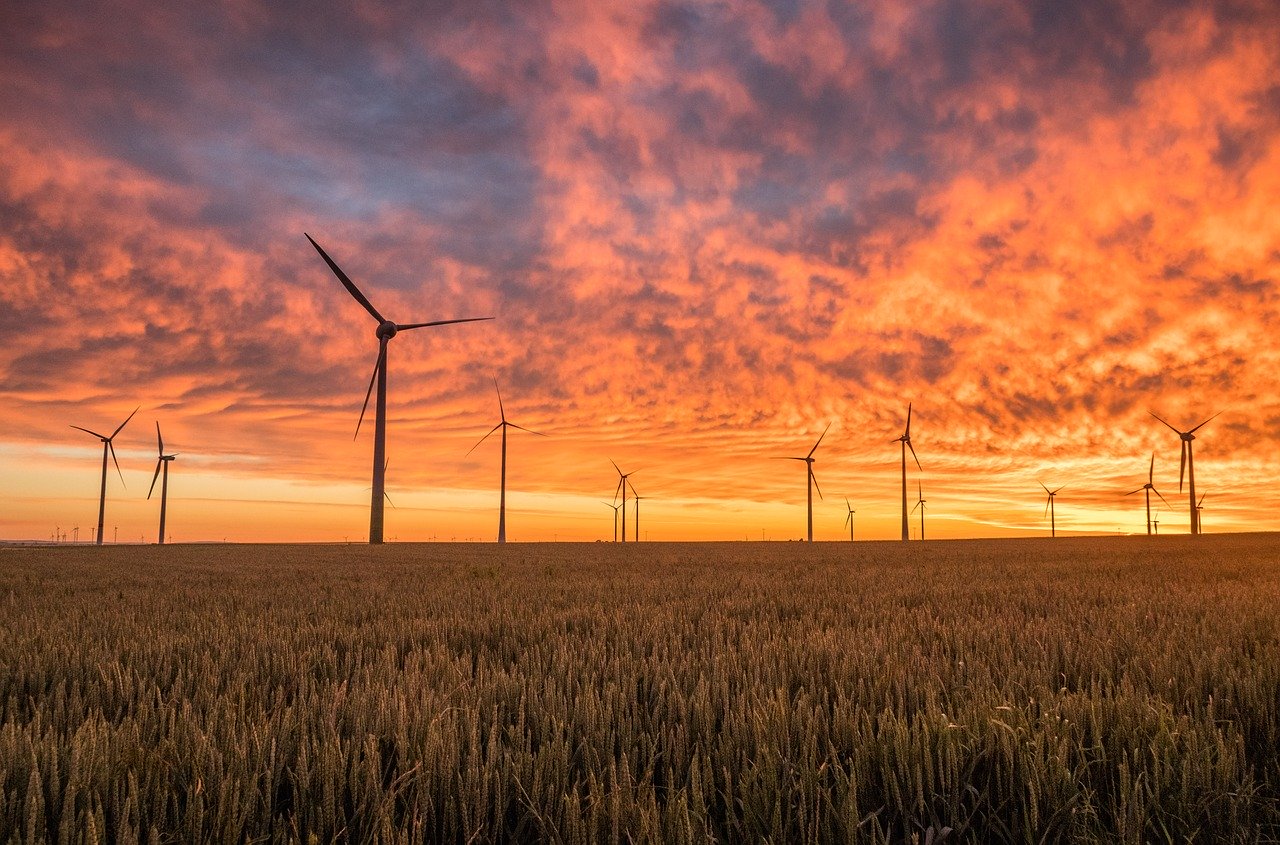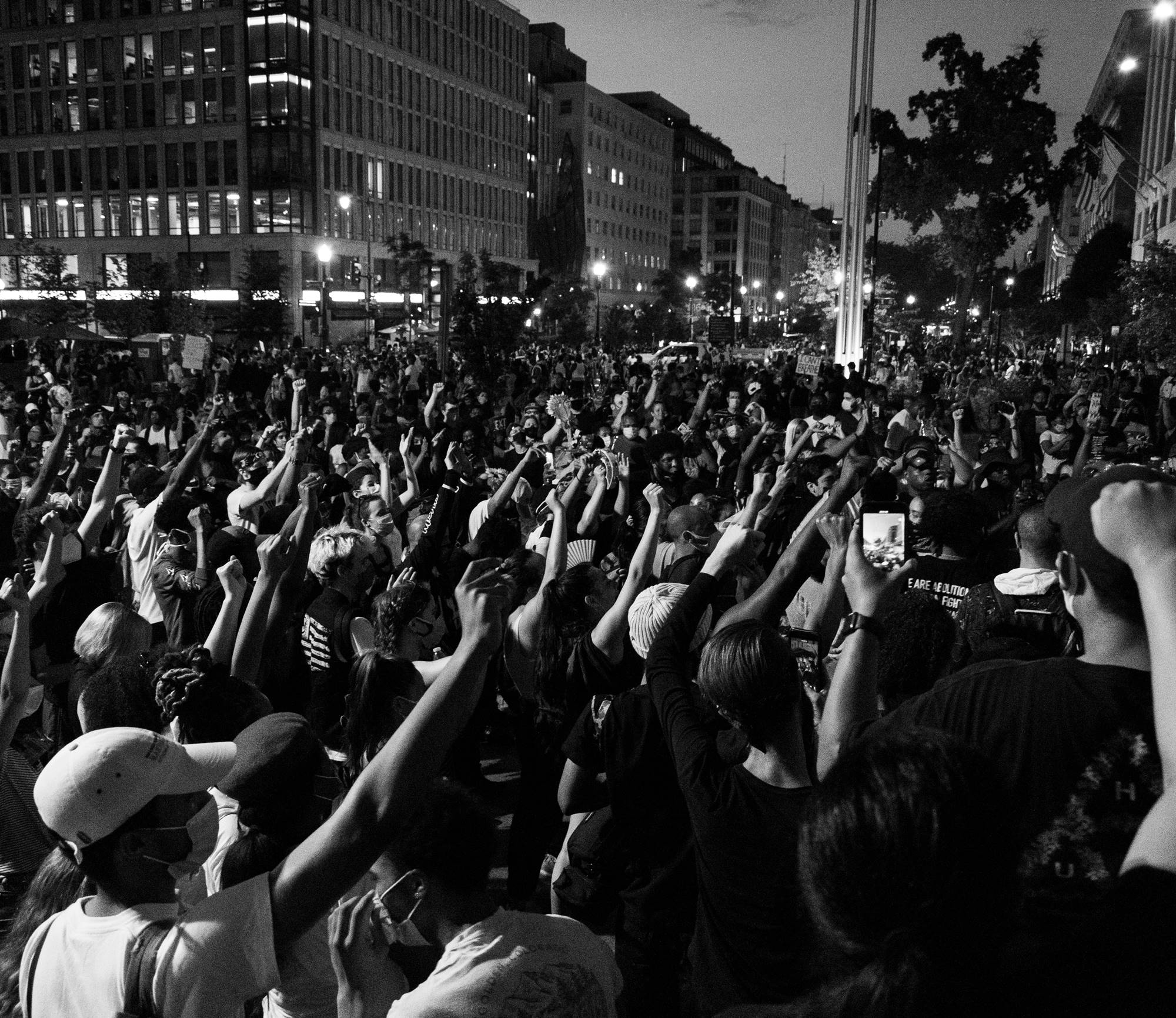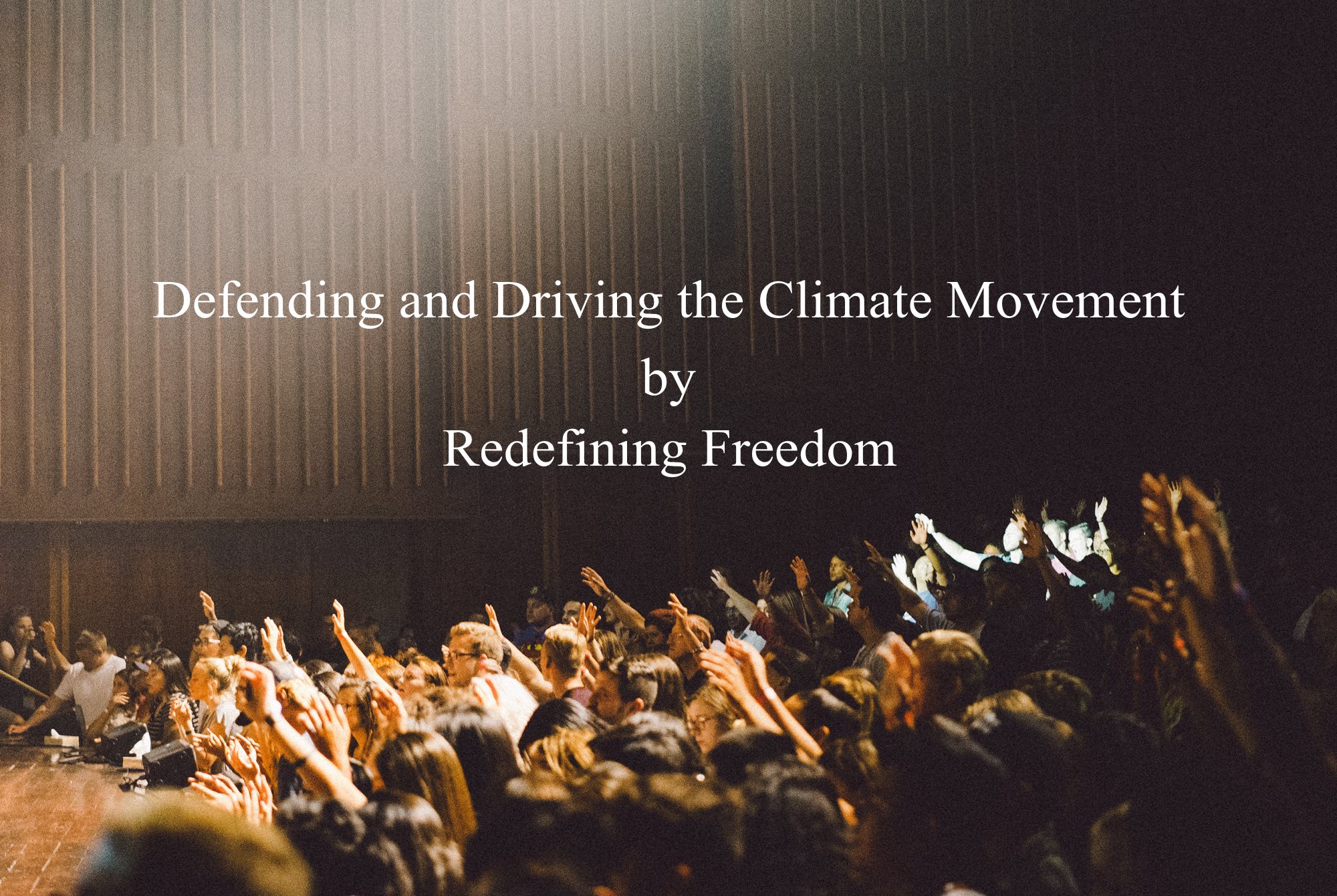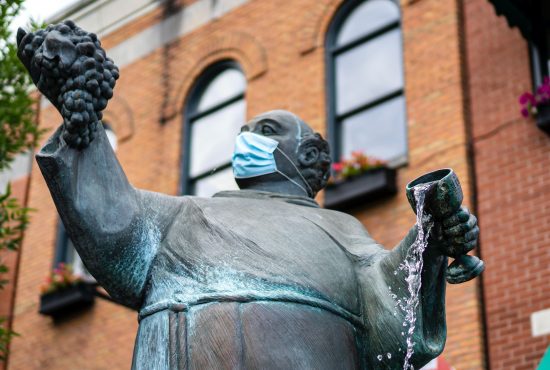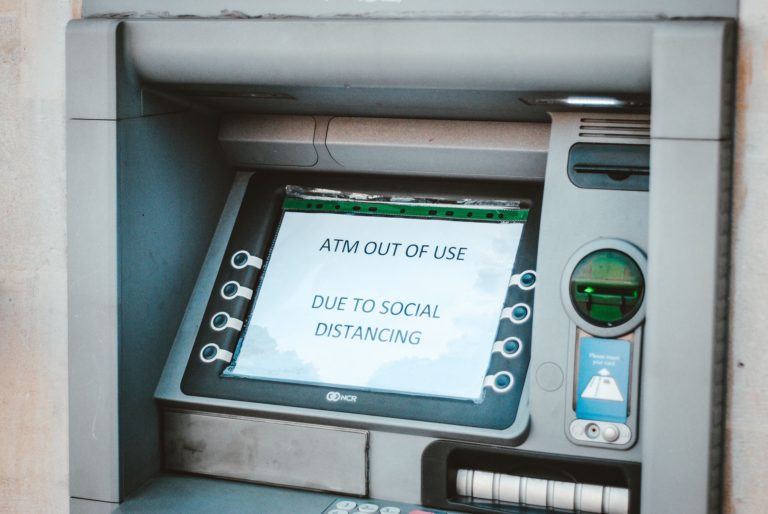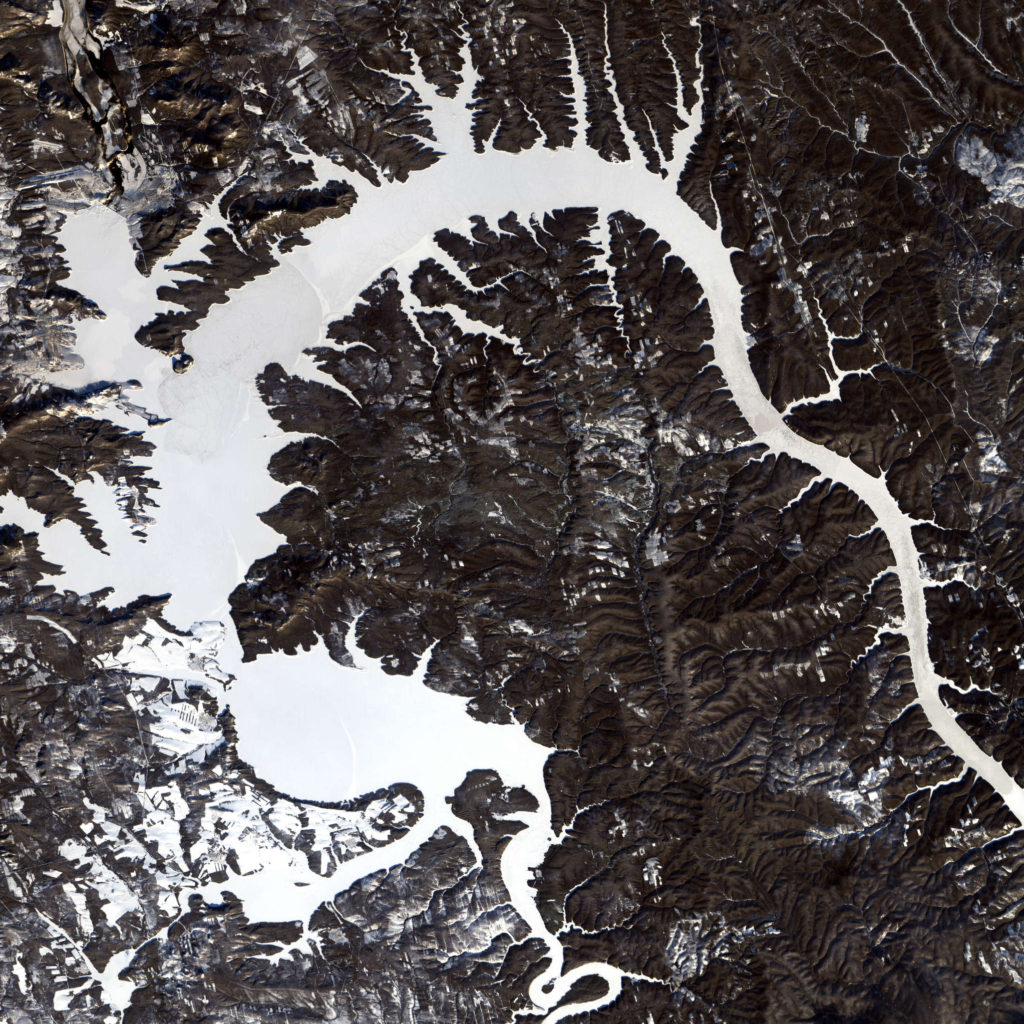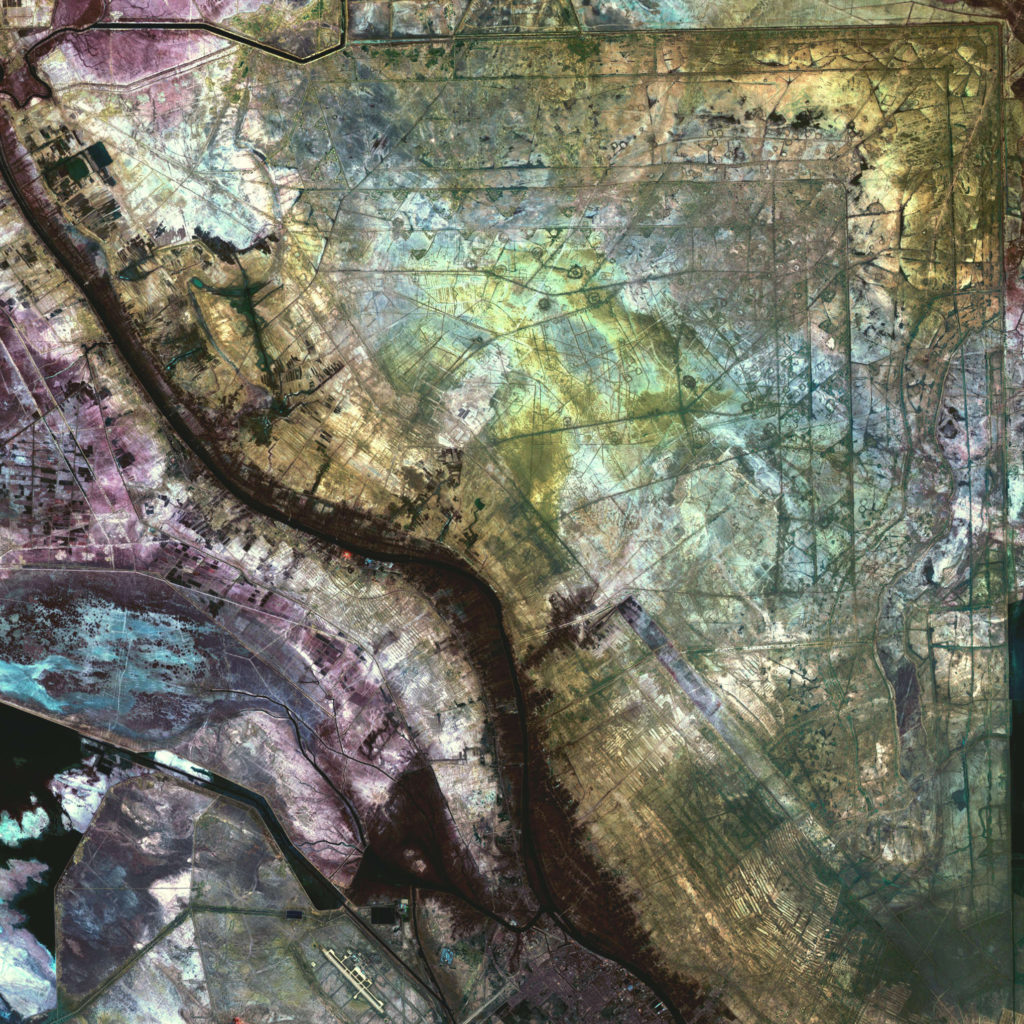Freedom and Survival
Social Movement Strategy for a Sustainable and Democratic Society
Tennis Court Oath
The Journey Towards a Transition Guidebook
Book update #6 – Reflections on finishing a chapter in my ecological transition guidebook about developing a “moral agent identity.”
Past writing updates:
- Critical Thinking: Vital for Creating Sustainable and Democratic Societies: Book update #1 – A brief collection of ideas and research from my chapter on developing a “critical thinking identity” to advance the transition.
- Embracing the Values of Sustainable and Democratic Societies (part 1): Book update #2 – A brief collection of ideas and research from my chapter on developing limits-informed values.
- Embracing the Values of Sustainable and Democratic Societies (part 2): Book update #3 – A brief collection of ideas and research from my chapter on developing limits-informed values.
- Climate Justice in an Ethically Complex World: Book update #4 – If our understanding of climate justice doesn’t acknowledge the complex ethical trade-offs we face, full-scale climate action may be impossible.
- Goals for a Purposeful Life: Book update #5 – By pursuing personal life goals that fulfill our basic needs and civic goals that create sustainable societies, we can find limitless purpose.
Climate Activism Curriculum Series
This is the accepted manuscript of an entry in the Encyclopedia of Educational Innovation published by Springer.
To meet growing calls for system change, climate curriculums need to synthesize several disciplines. The broad literacies described here provide a foundation that can help people grasp the multiple dimensions of the climate crisis. By remaining focused on the goal of cultivating autonomy, educators can prepare learners to become activists who are capable of reshaping the interconnected systems at the root of the problem.
Published by The Ecologist.
The better one understands a problem, the greater the chance of solving it. So it is with climate change, a crisis demanding far-reaching social transformation. But just how far-reaching? A broad curriculum that develops activists’ clarity and unity of vision could be an essential pillar to advance the climate movement’s preparation, ambition, and cohesiveness.
Published as “The Promise of Ecological Economics” by The Trouble.
By developing economic literacy beyond the limits of the mainstream, activists can find ways to resolve the apparent conflict between economic stability and serious climate action.
Published by The Trouble.
The third installment in the Climate Activism Curriculum series.
The New Deal was possible under plutocracy because of business support. To enact a post-growth Green New Deal, we’ll need real democracy.
The fourth and final installment in the Climate Activism Curriculum series.
The transition to a sustainable society requires more than technological change. Social movements must lay the cultural groundwork.
Analyzing the IPCC Report
A six-part series examining four themes in the IPCC mitigation report that shape our understanding of the transition away from fossil fuels.
- Introduction: Introducing the themes covered in this series and the idea of climate action epistemology
- Mitigation Modeling: A critical look at the perceptions created by typical climate mitigation models
- Demand Management: Examining the far-reaching implications of the chapter on demand management
- Technological Potential: Evaluating messages about the potential of technology to reduce emissions
- Power Relationships: Exploring how the report covers the role of social power in climate (in)action
- Conclusion: On the need to cultivate a deep understanding of climate mitigation among the public
Sparking Cultural Change
This is the accepted manuscript of a book chapter published by Routledge in “Liberty and the Ecological Crisis: Freedom on a Finite Planet.”
This article begins by highlighting the need for a non-growing, steady state economy (SSE) in addressing climate change. With corporations having shaped the public’s understanding of freedom as the promise of unlimited consumption, social movements aiming to create a SSE must redefine freedom as the ability of ordinary people to collectively shape their own fate within natural limits. The article explores the history of corporations defining freedom as consumption, which is contrasted with ecological and democratic interpretations of the concept. By asserting the eco-democratic definition over the consumerist definition, activists can defend and drive the movement towards a SSE. Possible next steps for starting this discussion of freedom are suggested.
Learning from the Pandemic
There are political lessons highlighted by elites’ response to the pandemic that, if internalized by the climate movement and much of the general public, can advance the fight for a Green New Deal. Climate activists must take on the task of mass education to ensure these lessons are learned.
A revised excerpt from “Mass Education and the Climate Crisis” published by Boston Review.
Though our experience with the pandemic offers crucial lessons that could advance the fight for a Green New Deal, crises don’t necessarily trigger a shift in public consciousness. The climate movement must recognize that mass education is one of its core responsibilities.
Published by Waging Nonviolence.
A debt crisis mounting in the wake of the pandemic’s economic shutdowns has two modes of resolution. It will either unleash mass homelessness and widespread financial ruin or force elites to cancel debts long treated as sacred. Social movements must seize this moment: either route offers an essential lesson for the public that activists must ensure is learned.
Systematic Social Change
The recent youth organizing around national climate politics represents a serious step forward for the climate justice movement. Until now, there had not been a sustained, movement-driven push for federal climate legislation. These efforts have signaled activists’ desire for action at the scale of the crisis we face. But we should remain aware that the Green New Deal resolution is not legislation, and any climate policies discussed by political figures are just words until they are enacted and implemented. Whether we ultimately take action at the appropriate scale will be determined by how the movement continues to progress.
Published by Resilience.
This is a response to an article by Bill McKibben on the development of the climate movement. Activists must recognize that addressing the climate crisis requires economic and cultural transformation. We’ll need to cultivate a citizenry ready and willing to step into the role we’re currently denied: that of self-governing equals.
Great Transition Initiative Essays
Limits and Justice: Reflections on Population Growth
Reflections on the role of population growth in our ecological crises and how to productively discuss justice issues on a planet in overshoot.
A Few Thoughts on Transition Education
A transition-focused education system is essential for addressing our ecological crises. Social movements must create it.
Strengthening the Climate Movement: A Response to Bill McKibben
Published by Resilience. This is a response to an article by Bill McKibben on the development of the climate movement. Activists must recognize that addressing the climate crisis requires economic and cultural transformation. We'll need to cultivate a citizenry ready and willing to step into the role we’re currently denied: that of self-governing equals.
Revitalizing the Labor Movement
Worker organizations have traditionally been at the forefront of movements for social change. Though widespread campaigns aimed at undercutting union participation have taken a toll over the past several decades, we cannot simply treat unions as relics of the past. An agenda for revitalizing organized labor comes to mind.
Ecosocialism: Deepening Democracy and Foregrounding Ecological Limits
This is a response to an article by Michael Löwy on ecosocialism, which prompts us to have a deeper discussion and form a more detailed understanding of the outline of a sustainable society.
Nuclear Abolition: Hierarchy and Societal Destruction
This is a response to an article by David Krieger on the existential threat of nuclear war. The abolition of nuclear weapons is urgently needed. With hierarchy making annihilation seem logical, democracy is the path to survival.
Feminism and Revolution: Reflections on Identity Politics
This is a response to an article by Julie Matthaei on the contributions of feminism to our understanding and practice of solidarity. We explore concerns activists have had about the nature of identity politics—does organizing around identity-linked oppression lead to more people working together or fewer, promoting cohesion or division?
Human Rights: The Enlightenment’s Unfinished Democratic Transition
This is a response to an article by Kathryn Sikkink on the human rights movement. The historic struggle for human rights can inform current movements and calls us to finish the transition towards democracy begun in the Enlightenment.
Vivir Bien (Buen Vivir): Defining “Progress,” Decolonization, and the Importance of Persistent Movements
This is a response to an article by Pablo Solón on the meaning of Vivir Bien and the experience of trying to implement it in Bolivia. This attempt to develop an ecological culture offers many lessons, highlighting the need to decolonize our worldview and keep movements going even after electing sympathetic political officials.
All Essays
Cultivating Moral Agency to Transform Self and Society
Reflections on finishing a chapter in my ecological transition guidebook about developing a "moral agent identity."
Goals for a Purposeful Life
By pursuing personal life goals that fulfill our basic needs and civic goals that create sustainable societies, we find limitless purpose.
Climate Justice in an Ethically Complex World
If our understanding of climate justice doesn’t acknowledge the complex ethical trade-offs we face, full-scale climate action may be impossible.
Embracing the Values of Sustainable and Democratic Societies (part 2)
A brief collection of ideas and research from my ecological transition guidebook chapter on developing limits-informed values--part 2.
Embracing the Values of Sustainable and Democratic Societies (part 1)
A brief collection of ideas and research from my ecological transition guidebook chapter on developing limits-informed values.


